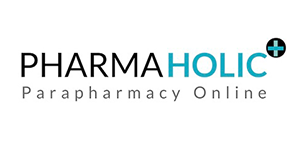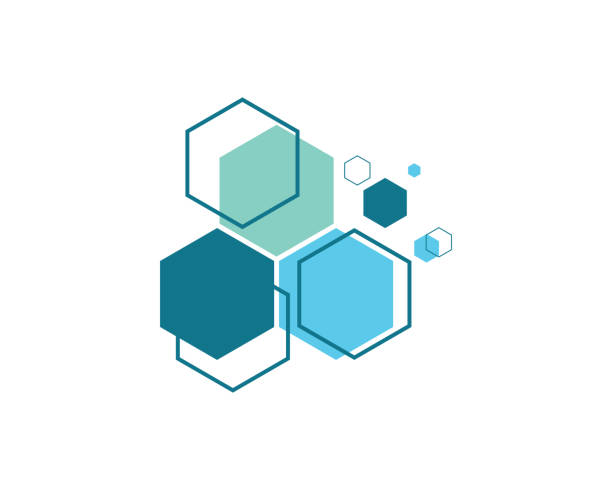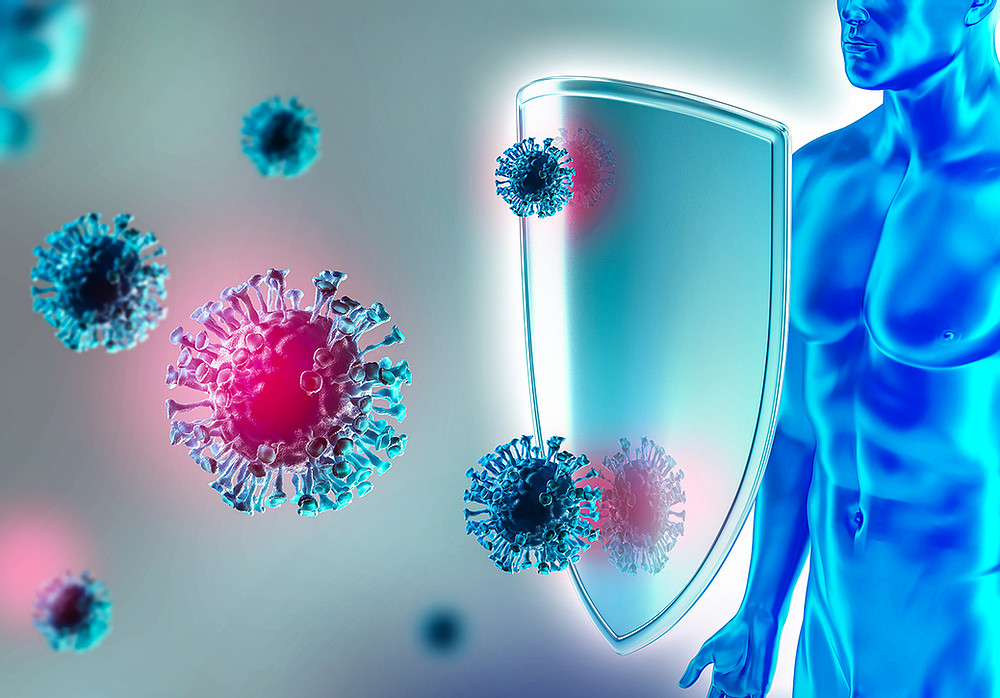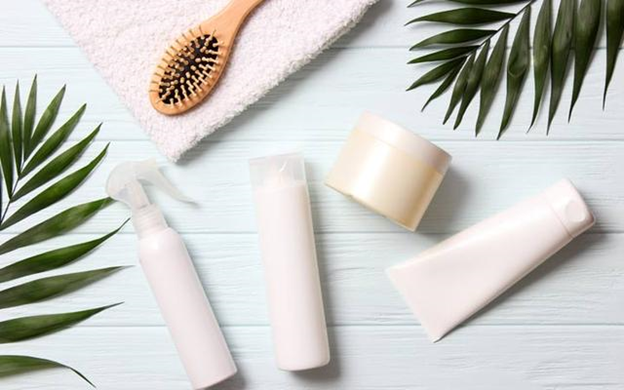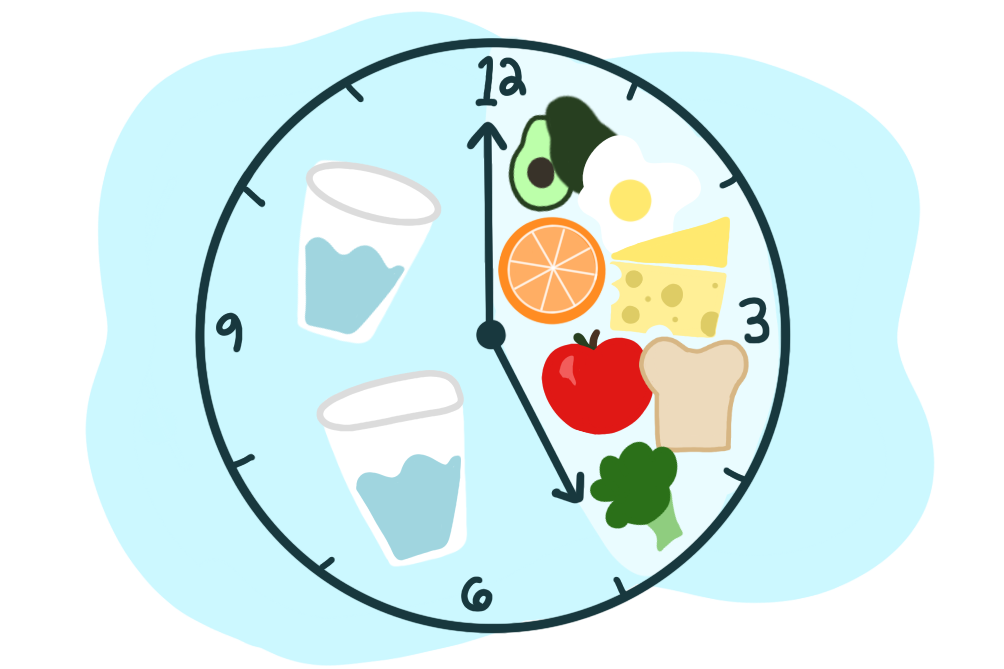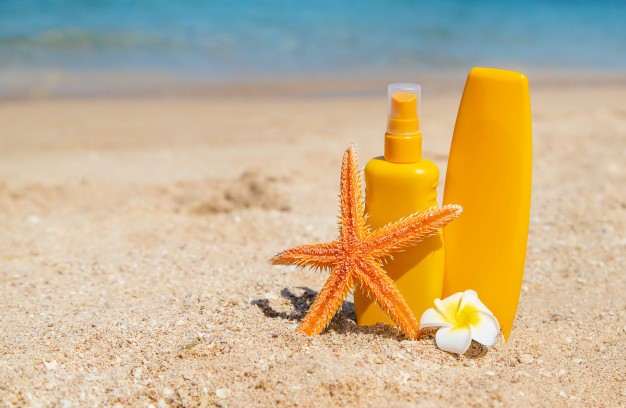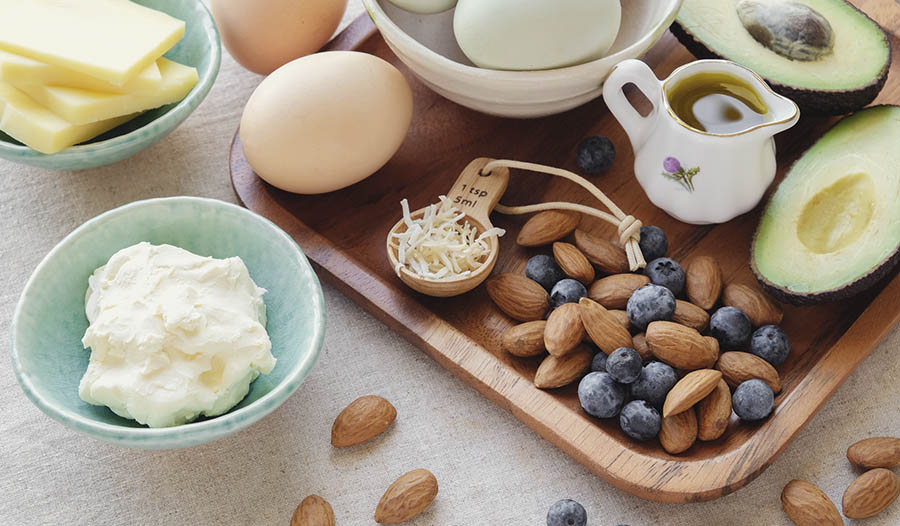Muscles, bones, skin, and tendons are composed primarily of collagen, the most abundant type of protein in the human body. To be specific, collagen consists of 30-35 percent of all the protein in the human body. Collagen protein is also known as connective tissue and is responsible for stabilizing our skin and maintaining joint movement and flexibility. In addition, collagen provides our skin with elasticity. Studies show that collagen supplementation has many benefits, which include reduced facial wrinkles and helping to get rid of cellulite. I will discuss this further in this article.
As we age, our skin loses its elasticity and becomes more wrinkled. The are many reasons for this- reduced ability to manufacture collagen is partly responsible while life’s stressors and oxidative damage also play a significant role. Those with extra melanin in their skin are more protected from ultraviolet sunlight and ultraviolet damage, which I call “melanoprotection”. However, those with less melanin are at higher risk for solar damage and increased risk for premature aging.
Collagen supplements usually consist of the following amino acids, which scientists separate amino into three categories:
Essential amino acids- This type of amino acid needs to be consumed in the diet and cannot be manufactured by the body. They include lysine, serine, threonine, leucine, valine, phenylalanine, methionine, isoleucine, histidine and hydroxylysine.
Conditionally-essential amino acids- This type of amino acid the body can usually make, but under physically stressful states, the body may not make enough and supplementation may be helpful. They include glycine, proline, glutamine (glutamic acid), alanine and tyrosine.
Non-Essential amino acids- This type of amino acid is very important to the body, but they are labeled non-essential as the body is able to make them. Consuming this amino acid in the diet is not required but doing so is NOT harmful. They include hydroxyproline, arginine and aspartic acid.
Various collagen manufacturers use different sources for their product. While some use bovine (cow) sources, others use fish. California Gold Nutrition uses a quality marine sourced collagen which makes it perfect for pescatarians, that is, those who avoid all meat aside from fish.
Collagen supplements contain a wide variety of amino acids necessary for hair growth as well as skin, tendons and bone health. Collagen is a good option for those who may want to ensure they are getting adequate amino acids but want to consume them using a gluten- and dairy-free supplements. Weightlifters frequently use collagen supplementation to ensure they maximize muscle growth. Sometimes they chose whey protein powder.
Types of Collagen in the Body
Scientists have identified at least 28 types of collagen. However, 90 percent of the collagen in the human body is Type 1, Type 2, Type 3, and Type 5.
Collagen Type 1 – Composes tendons, organ and bone. Type 1 collagen accounts for 80-90 percent of our collagen.
Collagen Type 2- Cartilage in knees, shoulders and other joints
Collagen Type 3 – Main type of cartilage of reticular fibers. Commonly present with Type 1.
Collagen Type 5 – Use to make hair and present on skin surface.
How We Destroy Our Collagen
Collagen levels start to diminish after age thirty-five. While we cannot stop time, there are some lifestyle behaviors many undertake that speed up the loss of collagen and subsequently, aging. Smoking is the number one thing a person can do to destroy and lose their collagen—it is the main reason a smoker often appears older than his or her chronological age. Exposure to excessive sunlight and frequent sunburns damage our collagen, as does a high-sugar diet that is low in antioxidants.
Foods Which Increase Collagen Production
While a supplement can help ensure a person is getting adequate collagen, there are also dietary measures a person can take to optimize collagen production. Holistic nutritionist Kim D’Eon recommends a list of foods to help one’s body make more collagen.
Vitamin A rich foods such as carrots, sweet potatoes, apricots and eggs
Green leafy vegetables such as kale, spinach, and broccoli
Onions are rich in sulfur, which is important for cartilage production
Garlic is also rich in sulfur, which is important for cartilage production
Blueberries provide antioxidant protection
Raspberries provide antioxidant protection
Oranges are high in vitamin C, which is needed for collagen production
Bell peppers are high in vitamin C, which is needed for collagen production
Strawberries are high in vitamin C, which is needed for collagen production
Nuts, like almonds, walnuts, legumes, and seeds are high in amino acids
Bone broth is high in amino acids, which are the building blocks of collagen
Joint and Bone Health
Scientific studies have shown that collagen supplementation can be helpful in optimizing joints and helping bone strength. Consuming a healthy diet and being physically active is also crucial to joint health.
Arthritis
Osteoarthritis results from the destruction of cartilage within joints. It is estimated that more than 250 million people are affected worldwide. In an attempt to avoid prescription medications, which have potential side effects, many choose natural arthritis supplements to reduce pain associated with inflammation. Perhaps we can help rebuild collagen and prevent loss of cartilage?
A 2017 study using an animal model showed that collagen supplementation not only reduced inflammation in joints but also prevented the loss of cartilage in the joint.
Osteoporosis
As one ages, bones become thinner. Osteoporosis is diagnosed by a doctor when bone density is thinner than expected for a person’s age. A doctor will order a bone density test to determine if the condition is present. Those with osteoporosis are at increased risk of bone fractures, the most commonly seen is a hip fracture during an accidental fall. Risk factors for osteoporosis include smoking, vitamin D deficiency and being a female 65 years of age or older.
According to studies using animal models, collagen can help increase bone strength. A 2005 study showed increased bone strength when a collagen supplement was taken.
Tendon Strength
Tendons are thick fibrous cords made of collagen. Tendons connect muscles to bones and are responsible for movement. Ensuring strong tendons is important to help prevent injury. Tendon injuries are common among athletes and weekend warriors. According to a 2005 study, collagen supplementation improves tendon strength while a 2016 study showed collagen supplements can help increase the Achilles tendon thickness in animal models.
Skin Health
It is estimated that worldwide, women spend 382 billion dollars on makeup and beauty supplies. Most of these products do very little to reverse the signs of aging though some do protect against solar damage. Due to exposure to chemicals and toxins, many elect to use natural beauty supplies and soaps. However, the question is, how can we also improve our skin from the inside out?
Studies show that collagen supplementation has numerous benefits for skin. Studies have shown that oral collagen supplementation could be helpful for those with cellulite and wrinkles. It may also improve the growth of hair and nails. It is estimated that during our mid-thirties, we start to lose about one percent of our body’s collagen yearly- supplementing with collagen should be considered.
Less Cellulite?
Cellulite is a condition that people have tried to reverse for decades. A double-blind placebo-controlled 2015 study concluded: “…long-term therapy with orally administered BCP (Bioactive Collagen Peptides) leads to an improvement of cellulite and has a positive impact on skin health”. In this study, women took collagen for at least 6 months. An improvement was seen as early as 3 months.
Fewer Facial Wrinkles
According to a 2014 study in Clinical Intervention in Aging, collagen replacement helps reduce skin wrinkles. In addition, a double-blind placebo-controlled study in 2014 showed improvement in skin elasticity in test subjects who took 2,500 mg of collagen daily for eight weeks, when compared to those who took a placebo pill. Another study in 2012 showed improvement in wrinkles and dryness when 1,000 mg of collagen was taken for 12 weeks.
A 2016 study in the Journal of Science of Food and Agriculture concluded that the use of oral collagen “led to more improvement in facial skin conditions, including facial skin moisture, elasticity, wrinkles, and roughness”.
Anti-aging
A 2008 study concluded, “These results suggest that collagen peptide is beneficial as a dietary supplement to suppress UV-B-induced skin damage and photo-aging”. A 2015 study in the Journal of Cosmetic Dermatology reported a similar result with oral collagen supplementation. The researchers concluded, “The oral supplementation with collagen peptides is efficacious to improve hallmarks of skin aging”.
Nail and Hair Growth
Strong nails and healthy hair are an indicator of one’s overall health. A 2017 study in the Journal of Cosmetic Dermatology demonstrated that supplementation with 2,500 mg of collagen resulted in a 12 percent increase in nail growth rate and a 42 percent decrease of broken nails. Also, four in five agreed their overall nail appearance improved.
Other Benefits
Studies show that collagen can also be beneficial in those striving to improve their gut health. Collagen can also be helpful in optimizing cardiac health.
Leaky Gut
Collagen helps to support intestinal health. A primary reason is the high levels of the amino acid glutamine, or glutamic acid, in oral collagen supplements. Glutamine provides “food” for our gut’s healthy bacteria. Learn more about Leaky Gut and other ways to optimize gut health.
Cardiovascular Health
A large component of blood vessels consists of collagen, Type IV specifically. Vitamin C, lysine and proline are key components required for healthy collagen formation. In 1989, two-time Nobel Prize winner Linus Pauling proposed “A Unified Theory of Human Cardiovascular Disease”. He proposed that sufficient vitamin C, proline and lysine could help keep the arteries strong and prevent atherosclerosis. Collagen supplementation provides these important nutrients.
Supplementation
There are various formulations of oral collagen supplements available online. Some are of bovine (cow) origin while others are marine (fish) in origin. I recommend at least 3,000 to 5,000 mg daily be taken. Taking an additional 1,000 to 2,000 mg of vitamin C should also be considered to help optimize collagen strength and production.
